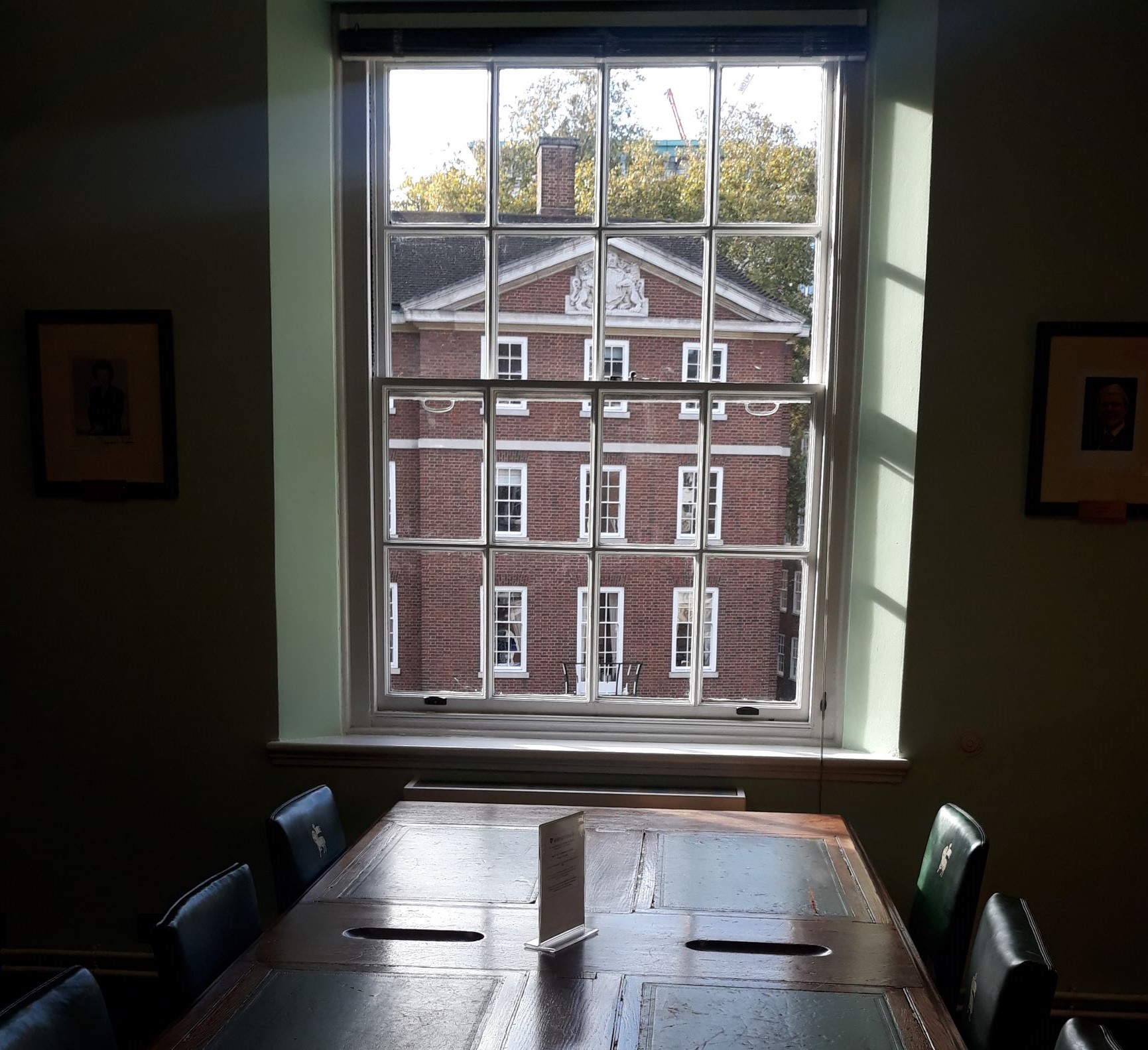If you have ever been wondering whether university students want to learn languages, here is some food for thought.
Recently I have conducted a survey among a private university students and collected their opinions about the number of hours of English language instruction. The students who participated in the research attend English classes for two years, during which they have two classes of 90 minutes per week. All in all, they are offered 240 hours of instruction and they complete the course with a certificate examination, either LCCI (2 level or 3 level) or TOLES (Higher or Advanced)
The survey was conducted among the full time first year students (63%) and second year students (36%) studying management (43%), law (21%), finance (20%), economics (12%), administration (4%) on 25 and 26 February 2019. The survey was completed by over 600 respondents.
For the majority of students (57%), the duration and number of hours of English language instruction is important when choosing a university.
The vast majority of students (81%) do not participate in any other English courses apart from the university course.
Those who decide to take additional classes choose private lessons or courses in language schools, and this results in too few hours at university and a willingness to develop speaking skills.
The vast majority of students (88%) want to take certified exams in English. Only 10% of students would like to finish the university English language course with an internal exam. In the case of law students, most are interested in obtaining an advanced level certificate, which is possible in the case of about 10 people per year with the current number of hours of classes.
Only 5% of students think that there are too many hours of English lessons. According to 95% of students, the number of teaching hours is adequate (61%) or not enough (33%).
Nearly half of the students would like the course to last longer, i.e. 3 years. For 27%, the length of two years is appropriate, but almost 20% of students would like to study English for 5 years.
The vast majority (80%) plan to continue learning English after the end of the university course.
The conclusion is that the students are satisfied with the status quo, some of them might be interested in following an extended programme of English. Decreasing the number of hours of English instruction might negatively affect the level of students’ satisfaction with their studies curriculum.

